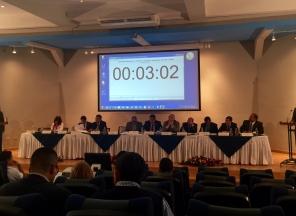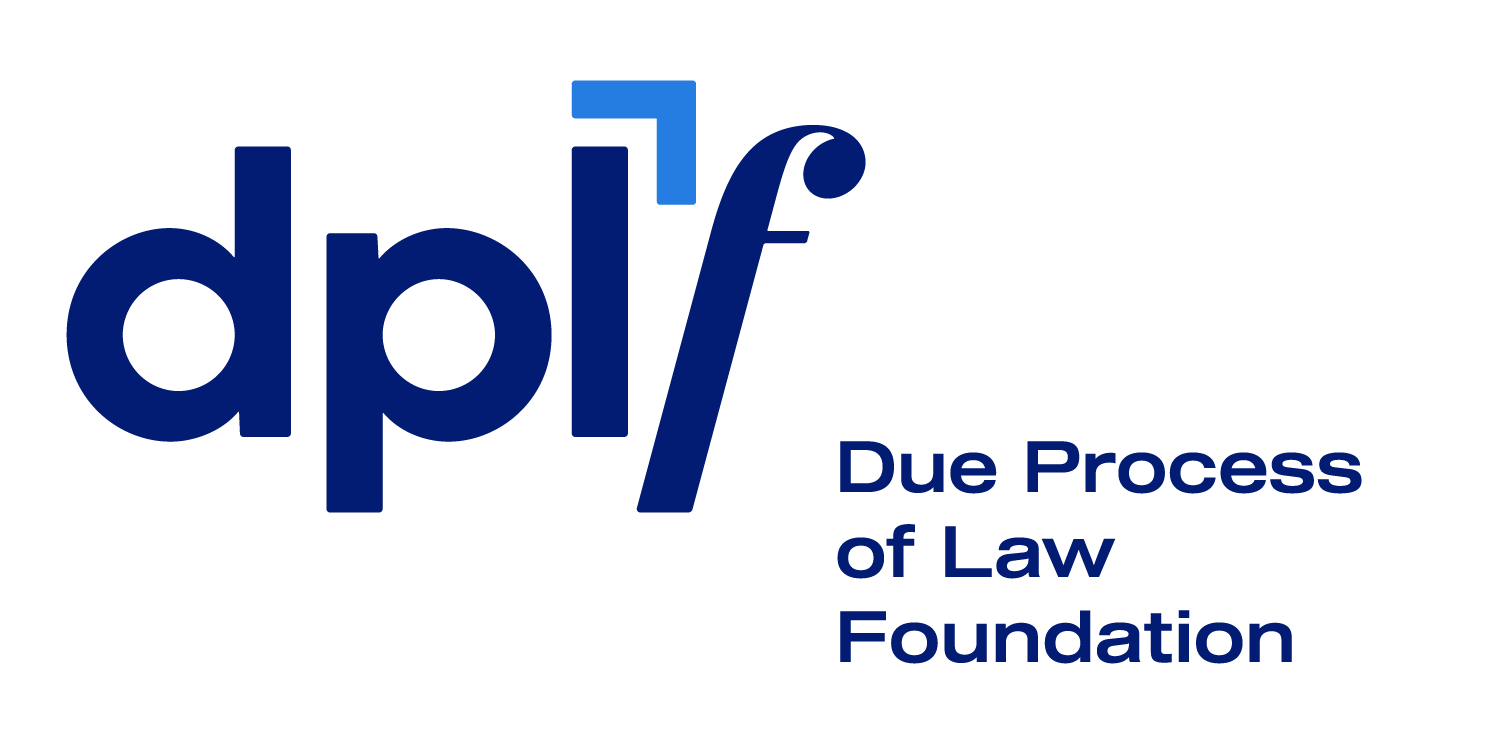 How to select the best? Reflections from the first day of public interviews of candidates for the Supreme Court of Honduras
How to select the best? Reflections from the first day of public interviews of candidates for the Supreme Court of Honduras
DPLF attended the first day of public interviews of candidates for the Supreme Court of Honduras. The Nominating Committee (Junta Nominadora) is tasked with interviewing a total 97 pre-candidates, of which it will select 45 finalists. The Committee had 20 minutes to interview each potential Supreme Court Justice, after a short (3 minute) introduction by the candidate.
Candidates were asked a wide range of questions, from their views on same-sex marriage to the obligations of the Supreme Court to implement the decisions of the Inter-American Court of Human Rights. Sometimes, but not always, the interviewer followed up with requests for more specific information when candidates gave vague or incomplete answers. The failure to consistently push back is potentially due to a serious shortcoming in this process: a lack of time. While there is no precise formula for determining the length of time of an interview, best practices in other countries trend toward hours or even days when examining candidates for the highest courts, to enable the selecting authority sufficient opportunity to learn about a candidate’s credentials.
Members of the Committee took turns in conducting the interviews, and not all candidates were asked the same questions. Indeed, a number of questions were personalized to specific candidates regarding their past written works or judicial decisions, which DPLF sees as a positive development. DPLF also applauds questions regarding how candidates have dealt or would deal with conflicts of interest while serving as a judge. However, we believe that more questions which truly enable the committee to evaluate the candidates’ legal reasoning are needed. For example, the Committee could inquire into the candidates’ opinions regarding important Supreme Court decisions. We also submit that questions of a personal nature regarding possible extramarital relationships, which were posed in at least two occasions, were not likely the best use of the Committee’s extremely limited time.
Finally, it is worth noting that when faced with questions about corruption and illicit influences, nearly all candidates gave superficial answers or dodged the topic completely. The audience was left to wonder whether the candidates did so out of fear – a real possibility in an environment where judges face threats and other pressures – or whether the candidates were simply unqualified to tackle the subject.
The Selection Committee will continue to interview candidates for the Supreme Court over the next week and half. In January it will send a list of 45 finalists to Congress, which will select 15 new Supreme Court justices. DPLF observed one member of Congress at the hearings today. A greater turnout from the legislature at subsequent hearings would show a good faith effort to select the very best candidates, and could reduce speculation that candidates are chosen on political factors rather than their merits.
